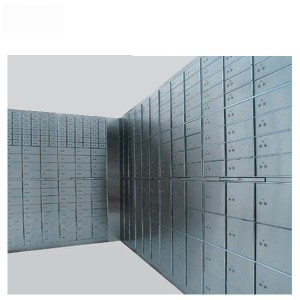Safe Deposit Box

Federal Regulations Safe Deposit Boxes
To open a new safe deposit box please visit your nearest financial center. You can schedule an appointment with an associate at your local financial center for a day and time that work best for you. How do I request changes to my safe deposit box account? A safe deposit box is a locked storage bin, usually in a vault or secure area, that banks and credit unions rent. Typically, customers receive a key, and must check in with a bank employee, who. The cost to rent a bank safe deposit box depends on the size of the box and location of your bank. Generally, it ranges from about $20 for a small box to $200 for a large one. A small box is typically 3 inches by 5 inches, the size of an index card, and one foot long. To open a new safe deposit box please visit your nearest financial center. You can schedule an appointment with an associate at your local financial center for a day and time that work best for you. How do I request changes to my safe deposit box account? A lockbox (or safe deposit box or safety deposit box) is a miniature safe-like box located inside a bank. These boxes are sealed in a vault for the ultimate safety and protection of your items. Here are 5 pros and 5 cons to storing your valuables in a lockbox or bank safe deposit box Reasons To Use A Safe Deposit Box.



Safe Deposit Box Sizes
|